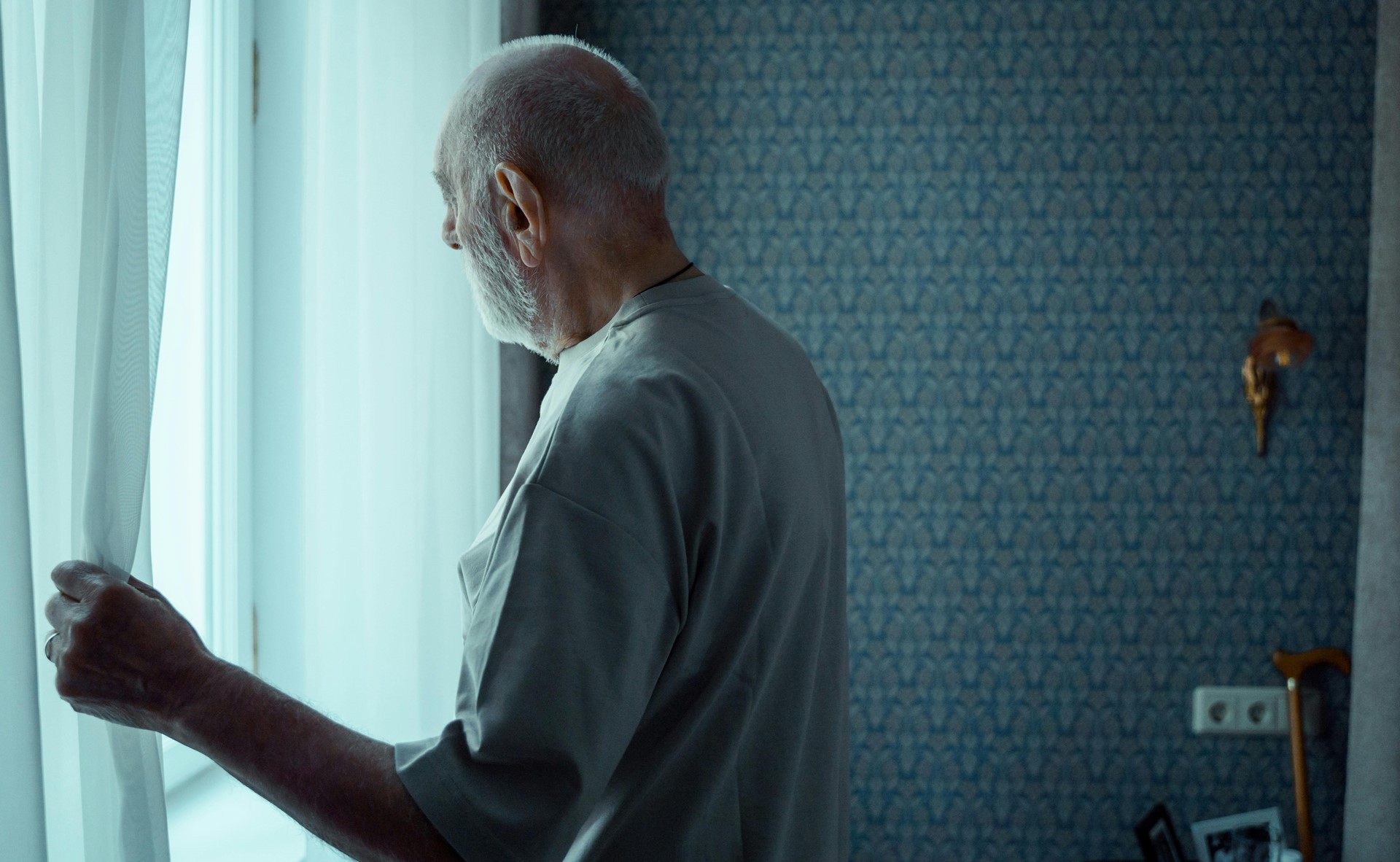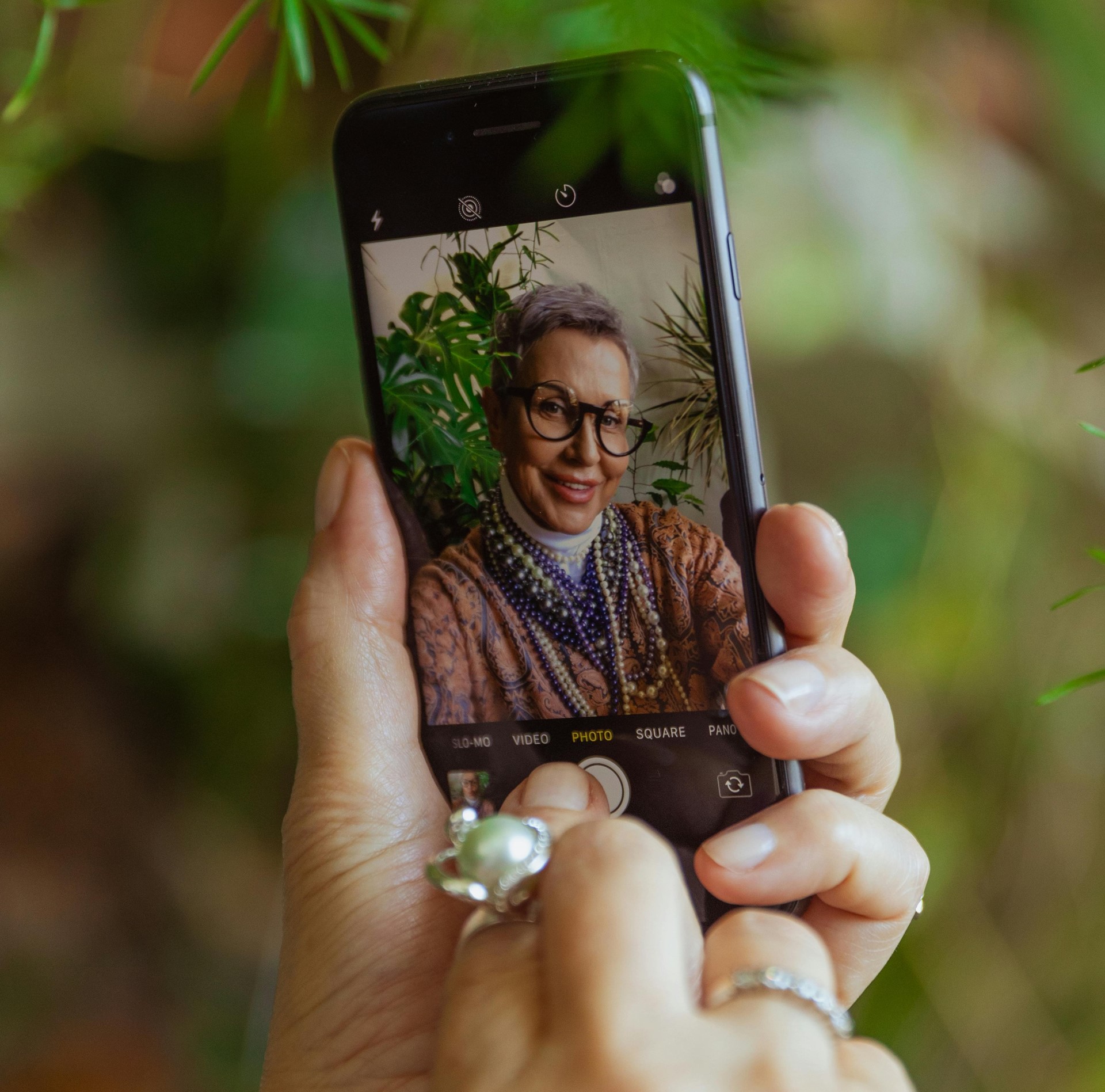
Loneliness and the Elderly
Find out more about how loneliness affects the elderly and what we can do to help combat it
Published: 19/02/2024

Understanding Loneliness in the Elderly
Loneliness among the elderly is a growing concern that causes profound implications for mental and physical well-being. As we age, various life changes, such as retirement, the loss of friends or family members or physical limitations can contribute to feelings of isolation. Combatting loneliness is crucial, not only for a person’s happiness, but also their overall health.
In Essex, it is estimated that 80,000 people are lonely or isolated. In fact, many of our clients live alone, and sometimes we are the only people they see for weeks on end. Therefore, it is beneficial to understand the impact of loneliness, and how we can help combat it.
The Impact of Loneliness on the Elderly
The impact of loneliness on the elderly is multifaceted. Loneliness can affect people’s mental health, leading to an increased risk of depression and anxiety. This emotional toll is often accompanied by a decline of cognitive function, which can accelerate the progression of conditions such as dementia. Likewise, loneliness can impact someone’s physically health, contributing to things like cardiovascular problems and weakened immune systems.
How to Combat Elderly Loneliness
There are different ways of addressing loneliness in the elderly. Beginning with one key aspect that focuses on fostering meaningful connections. Encouraging older people to participate in social activities, such as joining clubs or attending community events, can create opportunities for new experiences and friendships. Similarly, volunteering is another way to make meaningful connections while also contributing to the community, as well as maintaining connections with friends and family, whether this be in-person or virtually. Being part of a social network is essential for combatting a sense of isolation.
Furthermore, embracing technology can play a pivotal role in reducing loneliness. Teaching elderly people to use video calls, social media or online communities tailored to their interests, enables them to stay connected with loved ones and make new friends. Many organisations offer technology assistance programmes specifically designed for older adults, empowering them to navigate the digital world with confidence.
Taking up a hobby or interest is another effective way of helping combat loneliness. Pursuing activities that bring joy and fulfilment not only serves as a distraction from loneliness, but also opens doors to meeting like-minded individuals.
This could be painting, gardening, physical exercise or learning a new instrument. Our website offers a long list of local activities that elderly people can get involved in, click here to see our What's On Where Guide.


How Right at Home Can Help
Acknowledging and addressing loneliness in the elderly is crucial for their overall wellbeing. By establishing meaningful connections, embracing technology, and encouraging community engagement, we can collectively work to minimise the scourge of loneliness, creating a brighter and more connected future for our elderly loved ones.
Combatting loneliness is something that the team at Right at Home Bishop’s Stortford and Braintree is passionate about. Our friendly team can provide a Companionship & Support Service, which could include activities like trips out and about, or can simply be sitting down and having a chat over a cup of tea. We offer a flexible service from as little as 5 hours a week.
Regardless of the service we provide, we always try to make sure Companionship & Support is included in some way – we know how important this is to everyone. We are working on something exciting at the moment in relation to loneliness – more details will be announced soon!
In the meantime, if you have any questions, or would like to talk to our team about a family member or someone else at risk of loneliness, call the office on 01371 704790.
